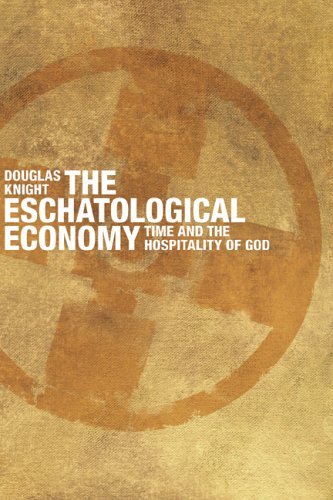What is the case for collegiality? According to Quinn, this was not a revolutionary idea invented at Vatican II, but something prefigured at Vatican I, and later endorsed by Pope Pius IX in 1875 when the German bishops insisted they were not mere functionaries of the pope. â??The pope is bishop of Rome,â?? they maintained, â??not bishop of any other city or diocese, not bishop of Cologne or of Breslau.â?? Pio Nono explicitly agreed with that.
At Vatican II, the fathers of the council expanded and elaborated on the notion, and found solid theological backing for collegiality â??in the will of Christ, in the sacrament of Holy Orders and in the nature of the church as communion.â??
On paper, John Paul II agrees. In Ut Unum Sint, he lays down seven ways the pope can and should exercise his primacy (which Quinn endorses) and then adds, â??All this, however, must always be done in communion. When the Catholic church affirms that the office of the bishop of Rome corresponds to the will of Christ, she does not separate this office from the mission entrusted to the whole body of bishops, who are also â??vicars and ambassadors of Christ.â?? The bishop of Rome is a member of the â??College,â?? and the bishops are his brothers in the ministry.â??
In practice, says Quinn, the pope (and/or his curia) go right on with their autocratic ways, and thus continue to alienate Orthodox and Protestant Christians. He quotes Paolo Ricca, a Waldensian scholar in Rome: â??John Paul II must be convinced that the papacy as it is today has no real ecumenical chance. To have one, it must change.â??
How change? Quinn suggests the pope should:
* Get off the monarchy train. For a thousand years, the pope didnâ??t act like a king, but â??a servant of the servants of God.â?? Then a monk named Hildebrand came along at the beginning of this millennium and, as Pope Gregory VII, turned the church from a communion of autonomous churches into â??a juridical monarchyâ?? that had no precedent.
* Let bishops be bishops. By ancient tradition, bishops are the watchers of the faith. (The word bishop comes from the Greek episkopein, to watch over.) According to Vatican II, they are â??Vicars of Christâ?? every bit as much as the pope. But thereâ??s a currently powerful bloc in the church, writes Quinn, that thinks â??the pope can at any moment and for whatever reason intervene in the affairs of any diocese or even of any parish. This is the mentality that identifies primacy with sovereignty and regards the desire for a truer collegiality in the church as a plot to take power from the pope and â??turn the church into a democracy.â?? â??
* Encourage local churches to select, even elect, their own bishops, as they did in the beginning. Quinn here leans on the scholarship of the late Dominican Cardinal Yves Congar, whose work took the fathers of Vatican II back to the early primitive church for ideas that would help them bring the church up to date in the 20th century. According to Congar, â??the election of priests and bishops goes back to the time of the apostles.â??
Robert Kaiser A blueprint for papal reform â?? a review of John R. Quinn The Reform of the Papacy: The Costly call to Christian Unity and see Timothy Radcliffe’s Reply to Neal Ascherson Democracy in the Church?

